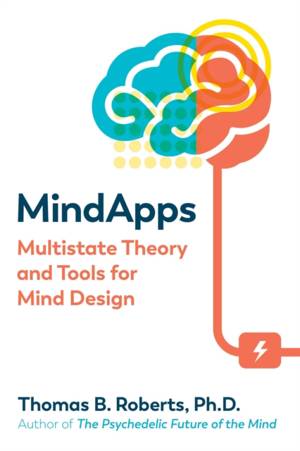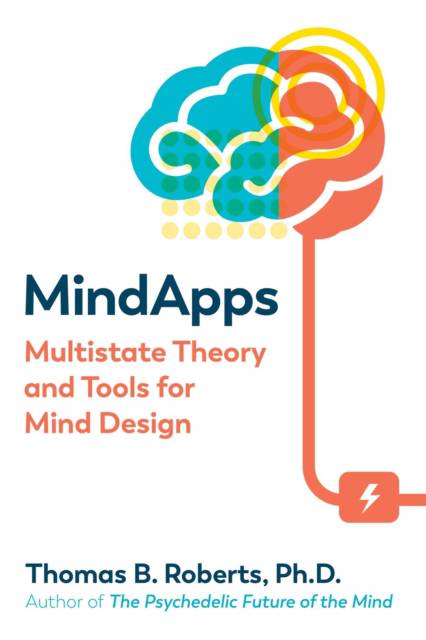
- Retrait gratuit dans votre magasin Club
- 7.000.000 titres dans notre catalogue
- Payer en toute sécurité
- Toujours un magasin près de chez vous
- Retrait gratuit dans votre magasin Club
- 7.000.000 titres dans notre catalogue
- Payer en toute sécurité
- Toujours un magasin près de chez vous
19,45 €
+ 38 points
Description
An exploration of "mind design" technologies and practices--mindapps--that boost intellectual capacity and enable new ways of thought and action - Reveals how mindapps transform the patterns of our mind-body complex and help generate new ideas by enabling access to new mind states - Examines the singlestate fallacy--the myth that useful thinking only occurs in our ordinary awake mental state - Explores a wealth of mindapp practices and techniques, including microdosing with psychedelics, yoga and martial arts, hypnosis, breathing techniques, lucid dreaming, rites of passage, biofeedback and neurofeedback, and transcranial brain stimulation Just as we can write and install apps in our electronic devices, we can construct "mindapps" and install them in our brain-mind complex, and as just as digital apps add capabilities to our devices, mindapps can expand our mental powers and creative abilities, allowing us to intentionally redesign our minds. Using psychedelics as the prime example, Thomas B. Roberts explores the many different kinds of mindapps, including meditation, other psychoactive plants and chemicals, sensory overload and deprivation, biofeedback and neurofeedback, hypnosis and suggestion, sleep and lucid dreaming, creative imagery, transcranial brain stimulation and optical brain stimulation, rites of passage, martial arts and exercise routines, yoga, breathing techniques, and contemplative prayer. He also looks at the future of mindapps, the potential for new mindapps yet to be invented, and how installing multiple mindapps can produce new, yet to be explored mind states. Drawing on decades of research, he shows how psychedelics in particular are "ideagens"--powerful tools for generating new ideas and new ways of thinking. Uniting the many forms of mindapps into one overall Multistate Mind Theory, Roberts examines the singlestate fallacy--the myth that useful thinking only occurs in our ordinary awake mental state--and demonstrates the many mind-body states we are capable of. He shows how mindapps not only allow us to design and redesign our own minds but also offer benefits for artistic performance, mystical and spiritual experience, and scientific research by improving creativity, open-mindedness, problem solving, and inner-brain connections. Reformulating how we think about the human mind, Mindapps unveils the new multistate landscape of the mind and how we can each enter the world of mind design.
Spécifications
Parties prenantes
- Auteur(s) :
- Editeur:
Contenu
- Nombre de pages :
- 224
- Langue:
- Anglais
Caractéristiques
- EAN:
- 9781620558188
- Date de parution :
- 18-06-19
- Format:
- Livre broché
- Format numérique:
- Trade paperback (VS)
- Dimensions :
- 165 mm x 231 mm
- Poids :
- 362 g







